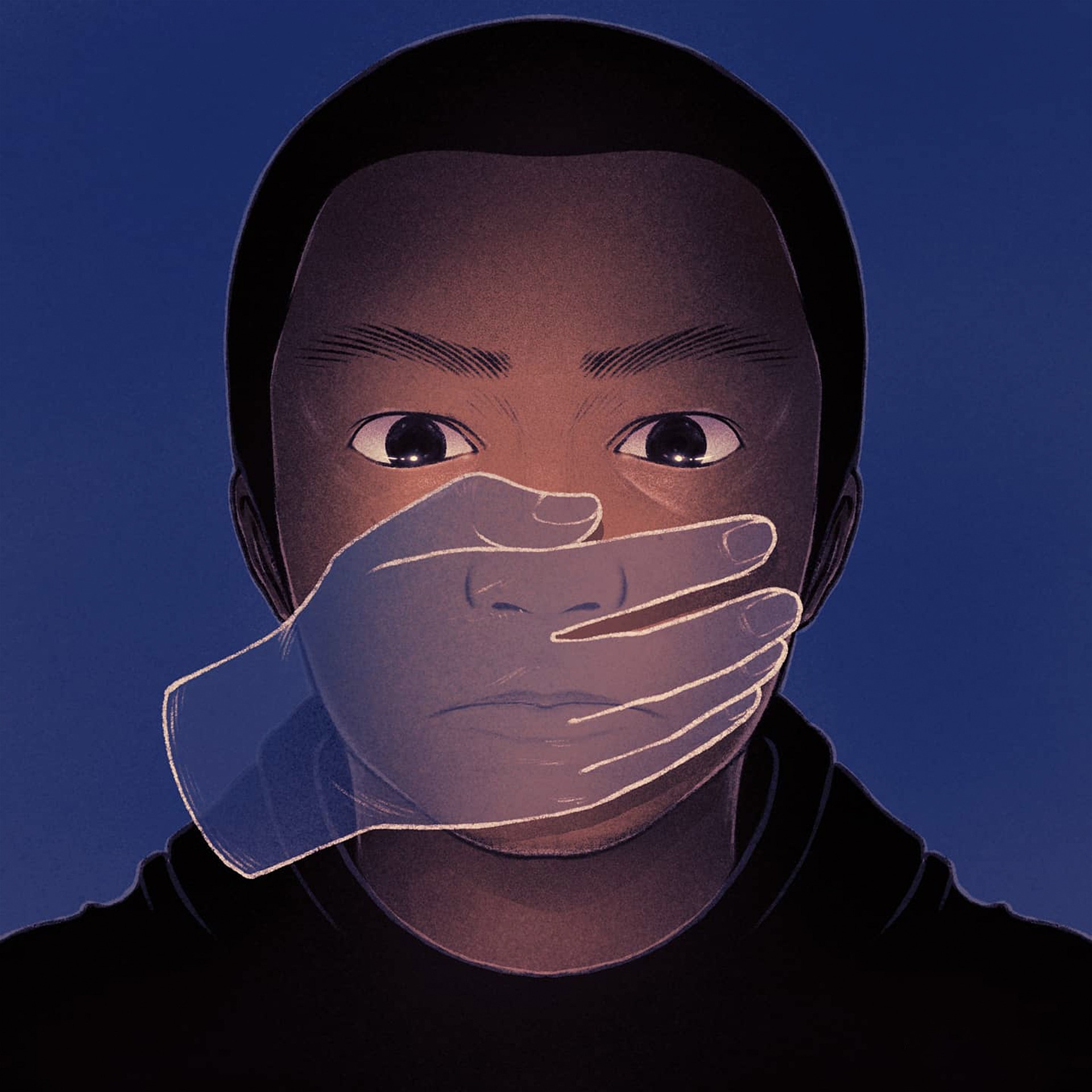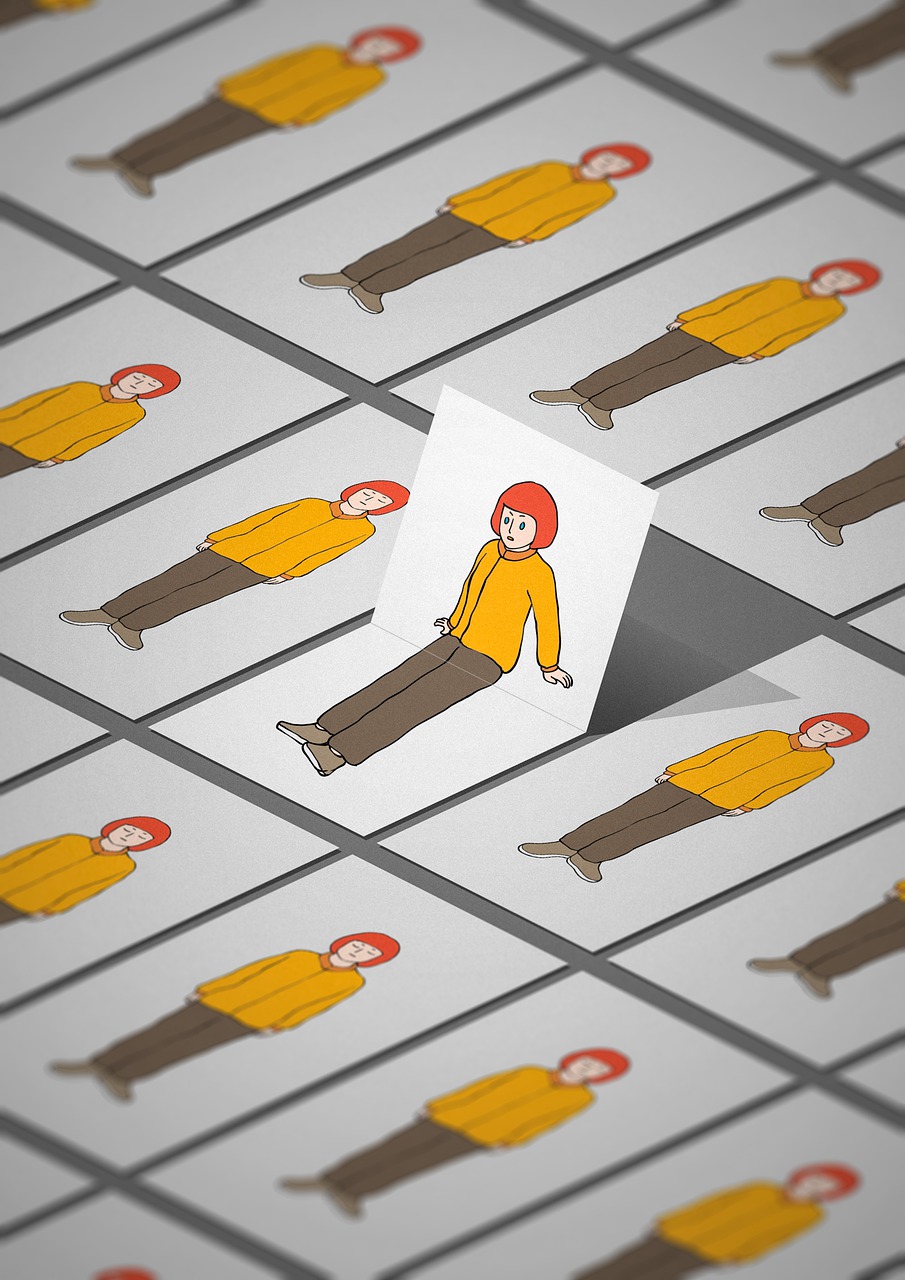La creación de mecanismos de control en una dictadura ha sido un tema muy explorado, sin embargo, me gustaría extenderme en uno muy importante: la creación de historias.
Las dictaduras reconocen, como buen autor, el poder que tiene la narrativa para moldear la realidad. En su celo totalizador, los sistemas absolutistas han ideado complejas narraciones que les sirven de telón de fondo para sus actos. La narrativa es un ejercicio comunicativo entre las personas para explicar sus recuerdos y articular las vivencias en un sentido único. Así, un motor importante en la creación de historias es la imaginación; entiendo la imaginación, en un sentido básico, al menos en una de sus funciones, como el resultado de tomar eventos del presente, y proyectarlos sobre un futuro próximo. Por está razón, muchas películas y libros que se centran en distopías, por muy lejano en el tiempo que transcurra la trama, son producto de su época; porque trasladan las esperanzas o temores de su presente a una realidad alternativa. Al arrebatarle a una persona la capacidad de imaginar libremente, también se le está cerrando una ventana al futuro; se le está negando la posibilidad de increpar la realidad, el presente, y preguntarse por las múltiples realidades que pueden existir.
Por este motivo, porque imaginar realidades distintas puede llevar a las personas a imaginar un mundo libre; los sistemas totalitarios reemplazan la imaginación, la niegan, pero antes instauran una realidad fabricada: la imaginación totalitaria. La imaginación totalitaria comienza como una gangrena que va consumiendo eventos del pasado y los encarna, dándoles otra interpretación. Una de las cosas más curiosas de la imaginación totalitaria, es que no crea nada a partir de cero, sino que, como un autor experimentado, copia las cosas y sustituye su significado. De esta manera, progresivamente, vemos como cambian los nombres de una calle, instauran nuevos personajes históricos y utilizan palabras con matices sutiles en su discurso; donde antes se leía traición, ahora se entiende heroísmo. Aunque en un primer momento pueda parecer que estos cambios son un truco, simples malabarismos del lenguaje, en realidad, su intención es ir sembrando una historia en la memoria colectiva. El acto final de la imaginación totalitaria es cercenar sus comienzos; borrar cualquier rastro de la distorsión, ocultar cualquier señal de la modificación. De este modo, la imaginación totalitaria se extiende sin principio, como si siempre hubiera estado allí, sin un final cercano; y se convierte en una historia imperecedera, eterna.
The creation of control mechanisms in a dictatorship has been a much explored topic, however, I would like to expand on a very important one: the creation of stories. Dictatorships recognize, as a good author, the power of narrative to shape reality. In their totalizing zeal, absolutist systems have devised complex narratives that serve as the backdrop for their actions. Narrative is a communicative exercise between people to explain their memories and articulate their experiences in a unique sense. Thus, an important driver in the creation of stories is imagination; I understand imagination, in a basic sense, at least in one of its functions, as the result of taking events from the present, and projecting them into the near future. For this reason, many movies and books that focus on dystopias, no matter how far back in time the plot takes place, are a product of their time; because they transfer the hopes or fears of their present to an alternative reality. By taking away a person's ability to imagine freely, they are also closing a window to the future; they are being denied the possibility of questioning reality, the present, and wondering about the multiple realities that may exist.
For this reason, because imagining different realities can lead people to imagine a free world; totalitarian systems replace imagination, they deny it, but first they establish a fabricated reality: the totalitarian imagination. The totalitarian imagination begins as a gangrene that consumes events of the past and incarnates them, giving them another interpretation. One of the most curious things about the totalitarian imagination is that it does not create anything from scratch, but, like an experienced author, it copies things and replaces their meaning. In this way, progressively, we see how they change the names of a street, install new historical characters and use words with subtle nuances; where before it read treason, now it is understood as heroism. Although at first it may seem that these changes are a trick, simple juggling of language, in reality, their intention is to sow a story in the collective memory. The final act of the totalitarian imagination is to cut off its beginnings; to erase any trace of the distortion, to hide any sign of the modification. In this way, the totalitarian imagination extends without beginning, as if it had always been there, without a near end; and it becomes an imperishable, eternal history.


Congratulations @poesiaempirica! You received a personal badge!
You can view your badges on your board and compare yourself to others in the Ranking
Check out the last post from @hivebuzz:
Me alegra celebrar mi aniversario en la plataforma con esta publicación. Le debo mucho del crecimiento de mi escritura a este sitio.¡Por más años escribiendo!
¡Es un placer tener un miembro como tú entre nosotros! Esperamos aquí de nuevo por muchos años.
Dime que vives en una dictadura sin decirme que vives en una:
"Al arrebatarle a una persona la capacidad de imaginar libremente, también se le está cerrando una ventana al futuro; se le está negando la posibilidad de increpar la realidad, el presente, y preguntarse por las múltiples realidades que pueden existir". @poesiaempirica
Muchas gracias por la lectura y el comentario, estimada. Así es, al dominar nuestra imaginación también nos imposibilitan soñar con un mundo mejor. Estoy comenzando esta serie sobre ciertos tópicos que he notado; con las semanas iré incluyendo más. Gracias por el apoyo.